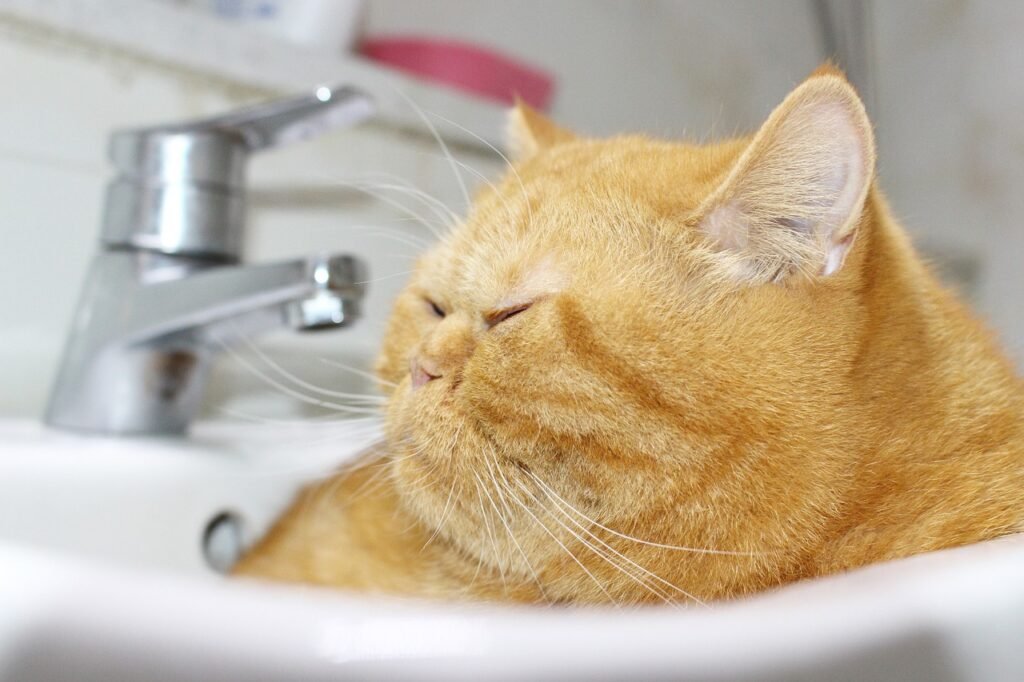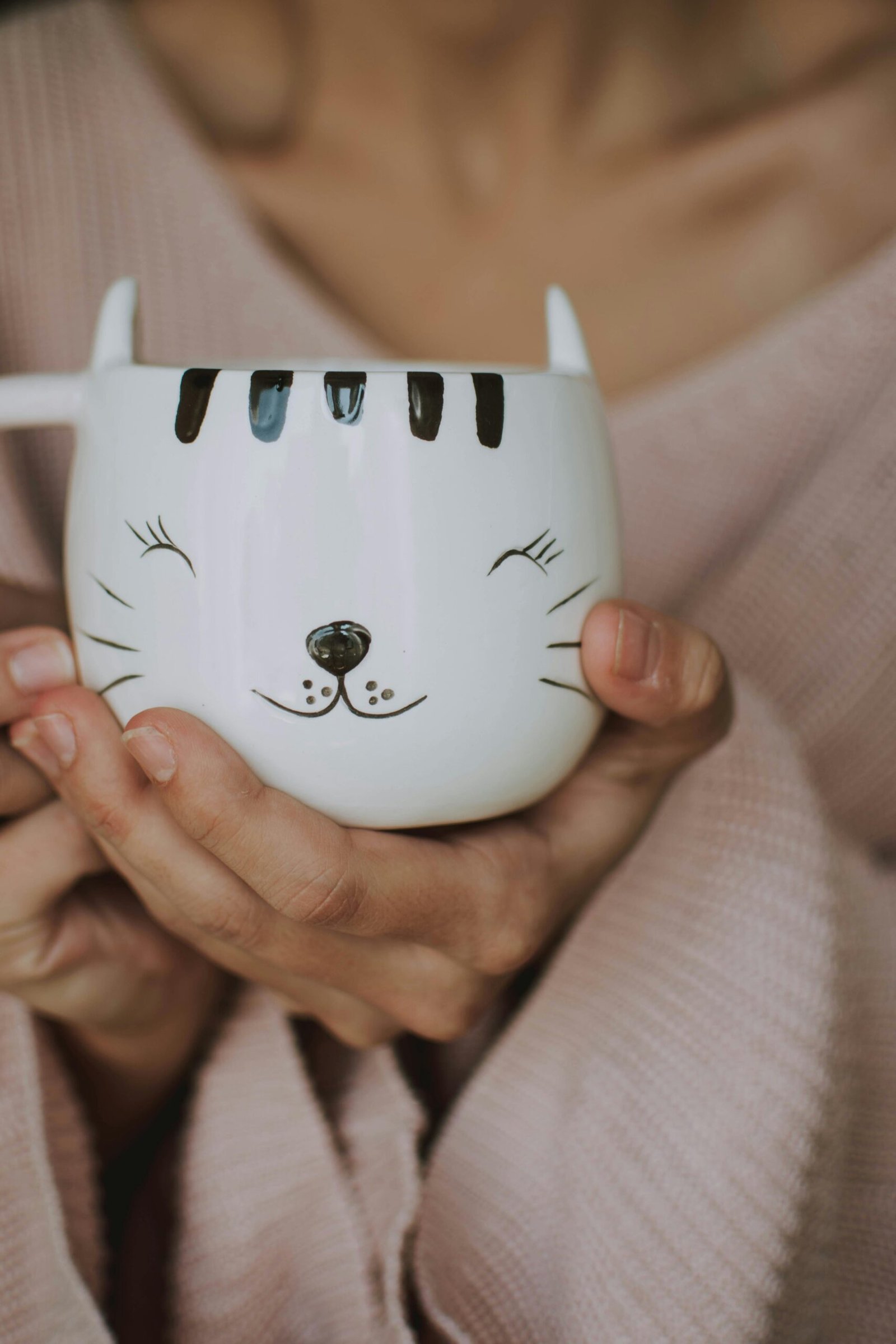Discover effective tips to manage cat obesity. Understand causes, recognize signs, and learn to encourage a healthier lifestyle for your feline friend.
What Causes Cat Obesity?
Several factors contribute to cat obesity. First, overfeeding is a common issue. Many owners often give too many treats or free-feed their pets. Additionally, lack of exercise plays a crucial role. Indoor cats, in particular, may not get enough physical activity. Furthermore, genetics can also be a factor. Some breeds are predisposed to weight gain. Understanding these causes is the first step in prevention.
Recognizing the Signs of Obesity
Recognizing the signs of obesity in cats is vital. Typically, an overweight cat will have a noticeable belly. Also, you may find it hard to feel their ribs. Moreover, an obese cat may have difficulty grooming itself. If your cat appears lethargic or disinterested in play, these are warning signs. Therefore, regular check-ups with a veterinarian are essential. They can help assess your cat’s weight and overall health.

The Health Risks of Obesity
Obesity can lead to several health problems. For instance, overweight cats are at risk of diabetes. Similarly, they may develop joint issues, which can cause pain. Additionally, respiratory problems can arise from excess weight. Consequently, obesity can shorten a cat’s lifespan. Hence, maintaining a healthy weight is crucial for a long, happy life.
Benefits of Maintaining a Healthy Weight
Maintaining a healthy weight offers numerous benefits. First, it can improve your cat’s overall health. Healthy cats are more active and playful. Furthermore, a healthy weight reduces the risk of chronic diseases. Additionally, your cat will have more energy and enjoy a better quality of life. Importantly, a healthy cat is often a happier cat.
Tips for Preventing Obesity
Prevention is key when it comes to cat obesity. Firstly, monitor your cat’s diet. Feed high-quality cat food that meets their nutritional needs. Secondly, establish a feeding schedule. Avoid free-feeding, as it encourages overeating. Instead, offer measured portions at set times. Moreover, incorporating playtime into your daily routine is essential. Interactive toys and laser pointers can stimulate your cat’s natural hunting instincts. Additionally, consider creating vertical spaces for climbing. Cats love to explore, and this can keep them active.
Encouraging Exercise and Play
Encouraging your cat to exercise is vital for weight management. Playtime is an excellent way to keep them active. Invest in various toys to keep your cat engaged. For example, feather wands and balls can motivate them to move. Furthermore, setting aside time each day for interactive play can make a significant difference. Gradually increasing the duration and intensity of play will help build stamina.
Regular Vet Check-Ups
Regular veterinary check-ups are essential in managing cat obesity. A veterinarian can provide personalized advice on diet and exercise. Additionally, they can monitor your cat’s weight and health over time. If your cat is overweight, your vet can recommend a weight-loss plan. This plan may include specific diets or a gradual increase in exercise. Following professional guidance will ensure your cat’s safe and effective weight loss.
Adjusting Diets Wisely
When adjusting your cat’s diet, proceed with caution. Sudden changes can upset your cat’s stomach. Instead, make gradual changes to their food. Introduce new food slowly over several days. Additionally, consider switching to weight-management cat food. These formulas are designed to help with weight loss while ensuring your cat gets the nutrients they need.
Staying Positive Throughout the Process
Weight loss can be a slow process. Therefore, it is essential to stay positive. Celebrate small milestones to keep both you and your cat motivated. For example, if your cat loses a small amount of weight, reward them with praise and extra playtime. This encouragement can make a big difference in your cat’s attitude toward exercise and dietary changes.
The Importance of Community Support
Seeking support from fellow cat owners can be beneficial. Join online forums or local pet groups to share experiences. You can learn from others who have faced similar challenges. Moreover, sharing tips and strategies can provide motivation. Community support can make the journey toward a healthier cat much more enjoyable.
Conclusion: A Healthier Future for Your Cat
In conclusion, addressing cat obesity is crucial for your feline friend’s health. By recognizing the causes, understanding the risks, and implementing positive changes, you can help your cat achieve a healthy weight. Remember to focus on proper nutrition, encourage exercise, and maintain regular vet visits. With dedication and love, you can ensure a happier, healthier future for your cat.
